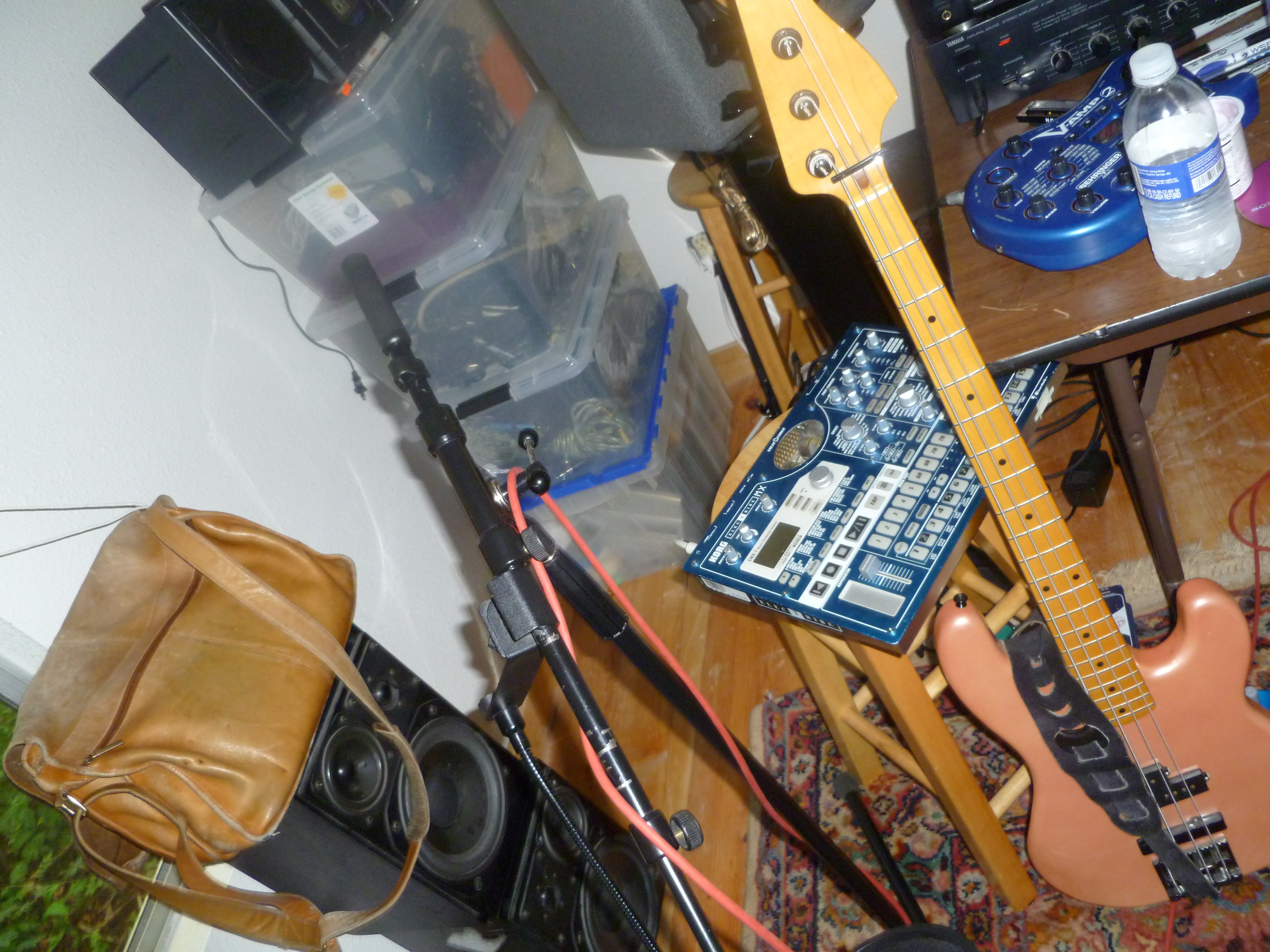Update July 6, 2012: I found a great article by Eliot Van Buskirk (@listeningpost) from January 2012 entitled “One Big Database Could Save The Music Industry” that outlines at least one proposed technical solution. Another solution would certainly be a set of standardized APIs across the software platforms involved, which would facilitate the passing of attribution data more seamlessly. This would certainly speed up payment to artists, and would make it easier for audits of labels and other middlemen to show exactly how many digital plays have been consumed.
Opportunity Out Of Chaos
 I am concerned that the music licensing/compensation issue has created a polarized debate, but I don’t see a lot of discussion of how to fix the model. I think we all agree musicians (and producers and engineers, for that matter) should be fairly compensated for creating music. We also all agree that there is an increasing amount of music available to consumers for cheap or free, and that is unlikely to change. How do we reconcile these conflicting ideas? Because my business background is in software marketing, I always see things in terms of the opportunities created by technology advancements, bounded by the disorganized nature of the marketplace, especially in new or changing businesses. The music industry is certainly in flux – both in terms of production and compensation. That makes it both frustrating and exhilarating.
I am concerned that the music licensing/compensation issue has created a polarized debate, but I don’t see a lot of discussion of how to fix the model. I think we all agree musicians (and producers and engineers, for that matter) should be fairly compensated for creating music. We also all agree that there is an increasing amount of music available to consumers for cheap or free, and that is unlikely to change. How do we reconcile these conflicting ideas? Because my business background is in software marketing, I always see things in terms of the opportunities created by technology advancements, bounded by the disorganized nature of the marketplace, especially in new or changing businesses. The music industry is certainly in flux – both in terms of production and compensation. That makes it both frustrating and exhilarating.
One thing I find interesting is how the opinion of the musicians (producers) differs from that of music consumers, and also from that of industry commentators (who are not creating music themselves, but make money indirectly from musicians and the creation of music.). We all have different points of view because they are informed by where we make our living. I think there is money to be made in nascent and confused markets, more than in organized ones, and that factor, to some extent, is preventing a model that is more streamlined and thus fairer to the musician/producer.
